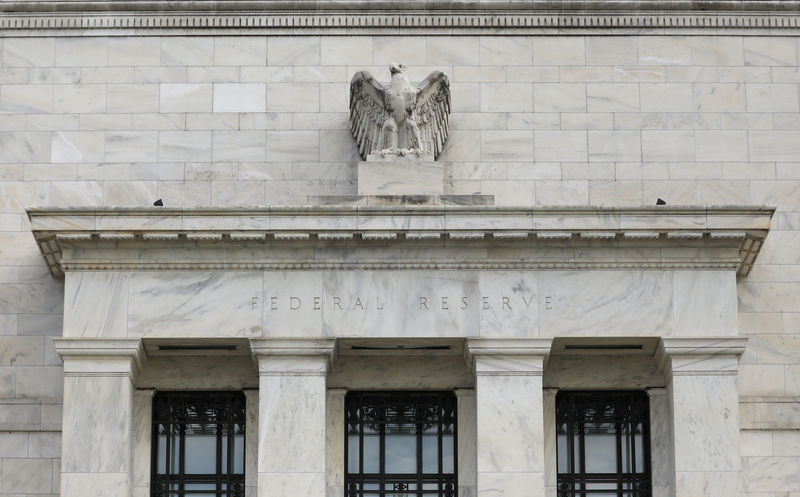By Jonnelle Marte
(Reuters) - As many as 60 million Americans tend to have a hard time qualifying for credit cards and other loans, making it more difficult for them to recover from financial setbacks, according to a report released on Tuesday by the New York Federal Reserve.
The findings show that the number of Americans who cannot easily access loans may be twice as many as previously estimated, when people who cannot easily qualify for loans because of blemishes in their credit histories are taken into account.
Previous studies analyzing access to credit have focused on the roughly 26.5 million adults in the United States who cannot qualify for conventional loans because they do not have credit reports or credit scores, according to the study.
But the number of people who cannot easily obtain credit doubles when factoring in consumers who do have credit reports but are rejected because they have low credit scores, a maxed-out credit card or fell behind on payments, the report found.
That lack of credit can hinder their ability to deal with shortfalls or to invest in businesses or education, the study showed. Consumers who cannot easily access traditional loans have fewer options when they face financial difficulties. Some may turn to friends or family to borrow, while others may use riskier lenders such as pawn shops or payday lenders.
"Although a part of the formal credit economy, they may find it difficult to borrow for opportunity or to weather emergencies when they choose to," the Fed researchers wrote.
The report found that access to credit varied across the country, with many credit-insecure consumers concentrated in the South and Southwest. Many of those who struggle to access credit also tend to live in rural areas, earn lower incomes and have higher rates of unemployment.
More than 20% of the population in Mississippi lived in counties considered to be credit insecure as of the end of 2018, higher than any other state. Louisiana had the next-highest share, with about 15% of the state living in counties where it was hard to access credit. They were followed by Pennsylvania, Arizona and Georgia.
At the other end of the spectrum, several states did not have any counties that were considered to be credit insecure, including Connecticut, Delaware, Hawaii, Maine, Massachusetts, New Hampshire, Oregon, Rhode Island, Vermont and Wisconsin.
Ease with accessing credit also broke down along racial lines, with African Americans and Hispanics generally having more difficulty qualifying for loans. For example, in the counties with low credit access, 58% of consumers were not white. But in the counties where most people found it easier to access credit, only 27% of the population was not white.
